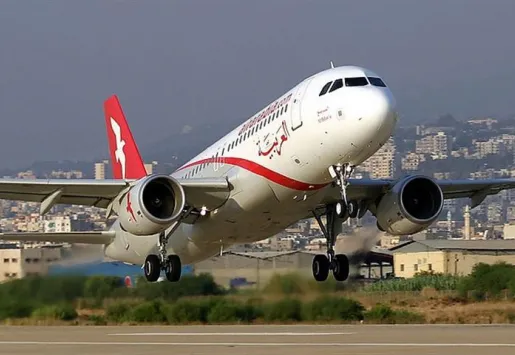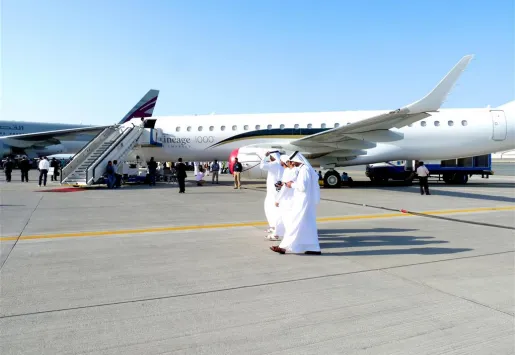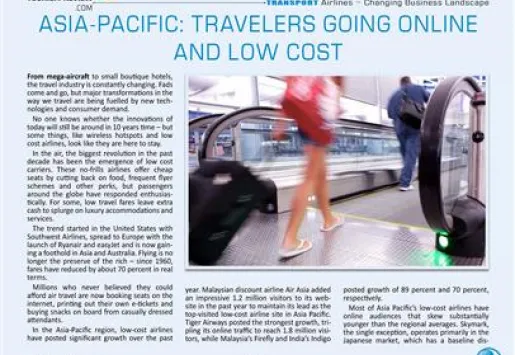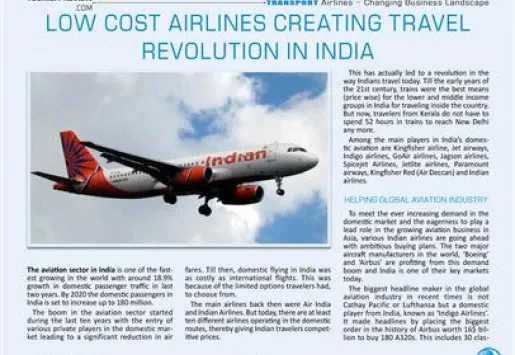
Hybrid models are being adopted by the low cost airlines of the Middle East. This would ensure that higher-yielding passengers get attracted leading to market dominance. Thus, some full service offerings are being made in order to attract higher-yielding passengers to enhance revenue. This is not something new as this phenomenon is already there in Asia and the Middle East, where they constantly change and adapt in order to find what really works.
The Saudi Arabian carrier Flynas, formerly known as Nasair, recently announced that it is moving out of the low cost segment and becoming a hybrid airline. This will help them to fly 20 million passengers each year by 2020. From January, they will have a business class in both their domestic and international network to attract corporate travelers.
Flydubai went hybrid last month and now they have business class which they plan to expand across other routes too. The low fare airline of Kuwait, Jazeera Airways, is offering a different service – leather seats, included meals along with baggage allowance.
Addison Schonland is the co-founder and partner at the US-based AirInsight. He says that hybrid airlines have become the area between the LCCs, ultra LCCs as well as the network carriers. And with the LCCs and ULCCs not being able to do much to build revenue everyone must move to the middle ground.
The LCCs have been active in the Gulf since many years and their market share was 6 per cent last year and expected to be 10 per cent by 2032, as per the Current Market Outlook (CMO) by Boeing. They are now looking for new ways to increase revenue. Even if this move to the hybrid model made by some Gulf airlines may appear unusual to the European perspective in which LCCs attract business travelers too, the regional demand is still there.
Ivo Pezelj is an analyst and an editor at Aspire Aviation, and he says that this move by the Gulf carriers has not come as a surprise. The move may turn out to be a real boost.
While the Middle Eastern LCCs adapt to a hybrid model, the new carriers entering the market will depend on market liberalization moving further on.
There may be another LCC in Saudi market depending on the liberalization efforts along with the two new licenses being awarded. Even though there are concerns regarding how hybrids will be able to handle competition from various full service flag carriers like the Emirates, Etihad Airways as well as Qatar Airways, Schonland stated that there will be enough traffic for all these hybrids to compete in the market.
















